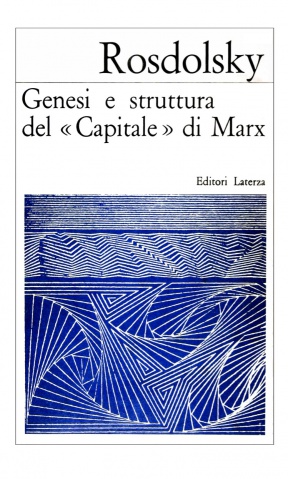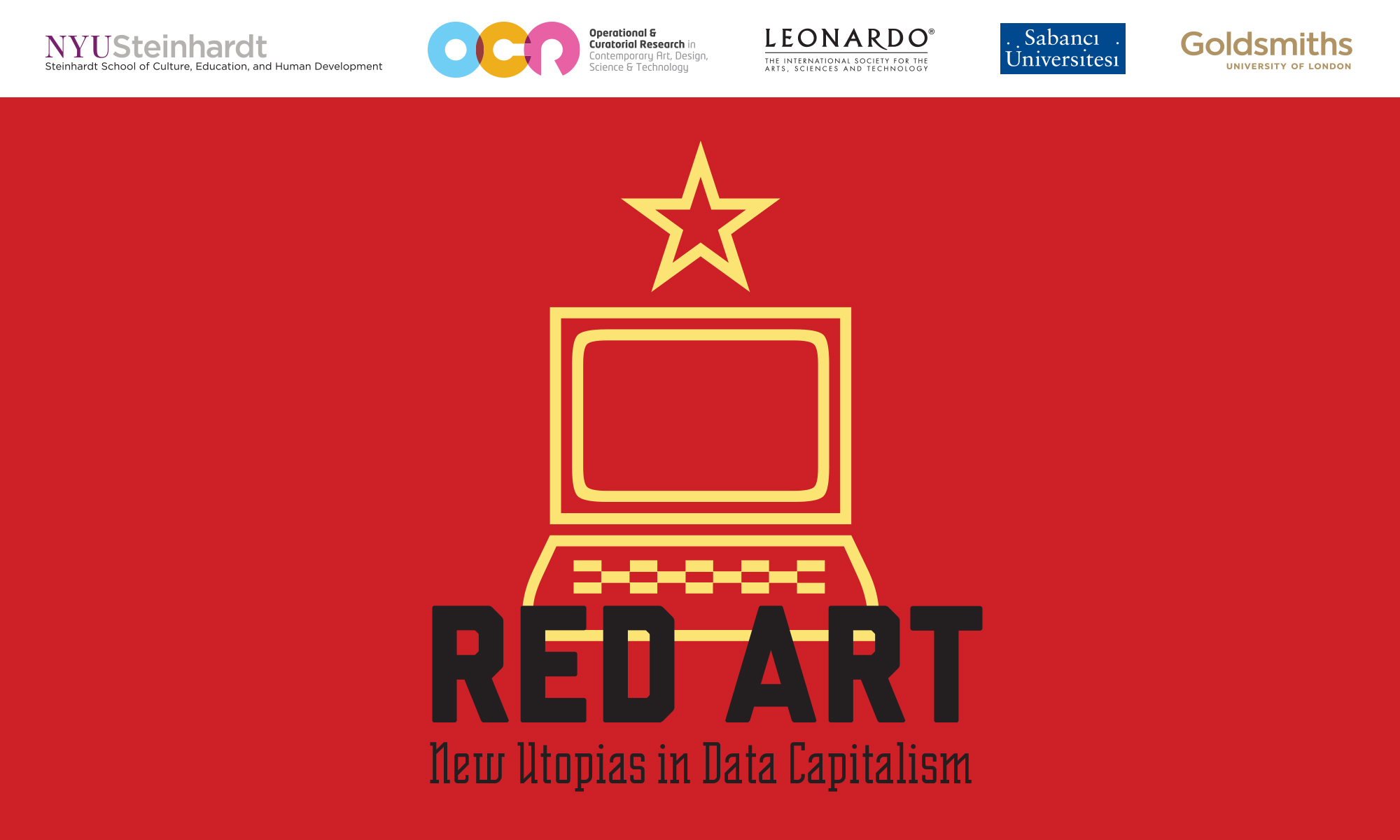Roman Rosdolsky: The Making of Marx’s Capital (1968–) [IT, SR-CR, EN, ES, PT-BR]
Filed under book | Tags: · capitalism, communism, economics, labour, marxism, money, political theory, production, socialism, theory of value

Rosdolsky’s Making of Marx’s ‘Capital’ is a major work of interpretation and criticism, written over fifteen years by one of the foremost representatives of the European marxist tradition. Rosdolsky investigates the relationship between various versions of Capital and explains the reasons for Marx’s sucessive reworkings; he provides a textual exegesis of Marx’s Grundrisse, now widely available, and reveals its methodological riches. He presents a critique of later work in the marxist tradition on the basis of Marx’s fundamental distinction between ‘capital in general’ and ‘capital in conrete reality.’
First published in German as Entstehungsgeschichte des Marxschen ‘Kapital’, Europäische Verlagsanstalt, Frankfut am Main, 1968
English edition
Translated by Pete Burgess
Publisher Pluto Press, London, 1977
581 pages
Review (Makoto Itoh, Science & Society, 1979)
Wikipedia (DE)
Genesi e struttura del “Capitale” di Marx (Italian, trans. Bruno Maffi, 1971, no OCR, 21 MB, via)
Prilog povijesti nastajanja Marxova “Kapitala”, sv. 1, sv. 2 (Serbo-Croatian, trans. Ivan Prpić [1] and Hotimir Burger [2], 1975)
The Making of Marx’s Capital (English, trans. Pete Burgess, 1977, 10 MB)
Génesis y estructura de El Capital de Marx (Spanish, trans. Léon Mames, 2nd ed., 1978/2004, no OCR, 11 MB)
Genese e estrutura de O capital de Karl Marx (Brazilian Portuguese, trans. César Benjamin, 2001, no OCR, 20 MB)
Edward T. Hall: Beyond Culture (1976)
Filed under book | Tags: · anthropology, brain, communication, culture, education, japan, language, memory, space, technology, time

“Edward Hall’s fifth book is both a summary of many themes first raised in his volume on proxemics in 1959 and a fresh insight more reminiscent of a psychologist than an anthropologist. The psychological flavor appears epigramatically in a double index to the book. First there is the ‘Index of IDEAS and techniques of TRANSCENDENCE’. Immediately following is an ‘Index of Themes’ in addition to the normal index one finds in most textbooks. The indexes signal a selfconsciousness of the main proposition advanced by Hall, viz., ‘What is called for is a massive cultural literacy movement that is not imposed but springs from within.’ This movement of the collective individual would begin to relieve the two cultural crises in the contemporary world of human experience. One crisis is the population/environment connection and the other, ‘equally lethal’, is man himself.
The analysis offered by Hall covers 15 chapters beginning with the paradoxical nature of culture, where persons and their mechanical/technological extensions are confused. In a populist flourish, Hall labels this tendency the ‘E.T. screen’. An Extension Transference emerges where one intellectually confuses an extension with the process extended. Hall readily admits this issue is not new, being the focus of the Korzybski heritage of General Semantics. Yet, Hall does make the heuristic point that culture per se is now a prime, systematic example of ET.” (from a review by Richard L. Lanigan, American Anthropologist, 1978)
Publisher Anchor Books, 1976
ISBN 0385124740, 9780385124744
320 pages
Review (Marc R. Tool, Journal of Economic Issues, 1977)
PDF (29 MB, no OCR)
See also his monograph The Silent Language, 1959.
Leonardo Electronic Almanac 20 (1): Red Art: New Utopias in Data Capitalism (2014)
Filed under book | Tags: · art, capitalism, commons, communism, new media, new media art, tactical media

The publication investigates the relevance of socialist utopianism to the current dispositions of New Media Art, through the contributions of academic researchers, critical theorists, curators and artists.
Contributors: Boris Cuckovic, Dan Schiller and Shinjoung Yeo, Boris Magrini, Matteo Pasquinelli, Ruth Pages and Gemma San Cornelio, Taus Makhacheva, David Garcia, Valentina Montero Pena and Pedro Donoso, Cornelia Sollfrank, Rahel Puffert and Michel Chevalier, Daphne Dragona, Natalie Bookchin, Karin Hansson, Christina Vatsella, Adam Brown, Elske Rosenfeld, Jose Luis de Vicente, Lanfranco Aceti.
Senior Editors: Lanfranco Aceti, Susanne Jaschko and Julian Stallabrass
Editor: Bill Balaskas
Publisher Leonardo/ISAST, San Francisco, January 2014
ISSN 1071-4391
ISBN 190689728X, 978-1906897284
250 pages
via Marcell Mars
PDF (PDF articles)
PDF (single PDF), OPF

